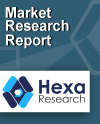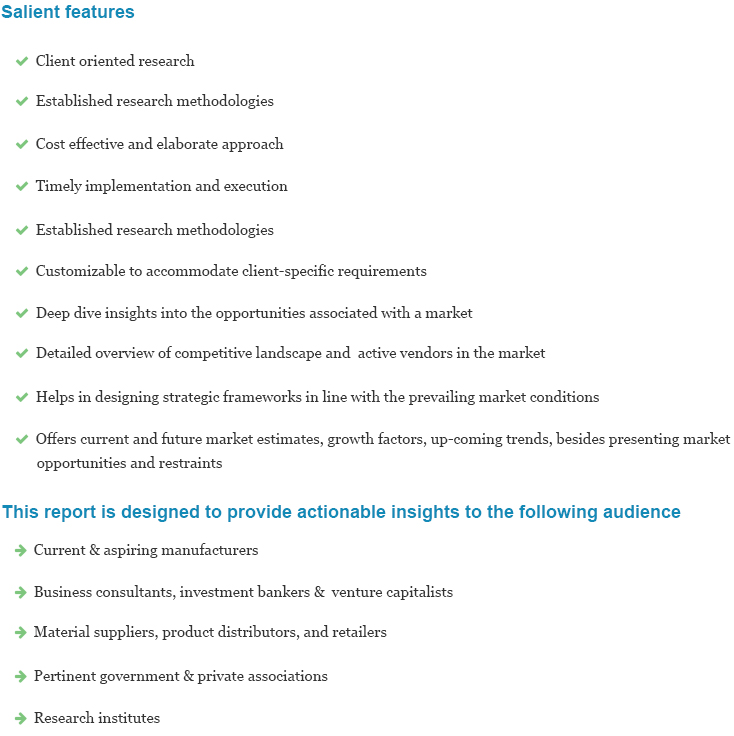
Breast Cancer Market Analysis, Market Size, Application Analysis, Regional Outlook, Competitive Strategies and Forecasts, 2015 To 2025
- Published: December, 2018
- Format: Electronic (PDF)
- Number of pages: 70
- Industry: Pharmaceuticals
The global breast cancer market is anticipated to witness a significant growth over the forecast period on account of growing target population base across the globe, rising prevalence of the disease, unhealthy lifestyle, exposure to radiations, and lack of physical exercises. Moreover, increasing efforts taken by major organizations across various regions to increase awareness levels is estimated to drive the market. Rising investments in R&D by various government and private organizations for development of effective drugs and treatments is also projected to play a key role in the market growth.
For instance, CytoDyn Inc., a biotech firm developing humanized CCR5 monoclonal antibodies for several therapeutic indications, received FDA approval for its Investigation New Drug (IND) submission and is allowed to start a phase 1b/2 trial for metastatic Triple-Negative Breast Cancer (TNBC). This disease subtype is one of the leading causes of cancer deaths across the globe and it accounts for around 10 % of the overall cases. The firm has identified several trial sites and aims to dose a few patients and expects to have initial readout during the first quarter of 2019. Changes in the number of Circulating Tumor Cells (CTCs) will be assessed every 21 days throughout the trial.
Breast cancer is detected during a screening test or after the patient notices a lump, which is the most common physical sign. According to the World Health organization (WHO), every year, about 200,000 new cases of breast cancer are diagnosed globally and this number is likely to increase in future. Some of the major types of breast cancer are ductal carcinoma in situ (DCIS), Invasive Ductal Carcinoma (IDC), and lobular carcinoma. Invasive ductal carcinoma hold a major share in the market owing to growing prevalence of IDC, government support, and initiatives undertaken to increase awareness among patients. Furthermore, unmet clinical needs in treatment of IDC has compelled manufacturers to conduct rigorous R&D activities. Chemotherapy, targeted, surgery and radiation, hormone, and biologic therapies are some of the most popular treatments for the disease.
North America has emerged as the prominent region in the market on account of changing lifestyle, growing prevalence of the disease, and presence of leading companies in U.S. Europe is likely to emerge highly lucrative over the coming years as a result of increased healthcare expenditure and technological developments. Countries, including Germany, France, and U.K., are some of the key revenue-generating economies in Europe.
Asia pacific is also projected to witness a considerable growth over the next few years owing to rapidly developing healthcare infrastructure and rising consumer disposable income. Moreover, ongoing awareness programs about breast cancer and available treatments by governments in the emerging countries, such as China and India are estimated to foster the growth.
Companies are adopting several business strategies, such as novel product development, technological advancements, and M&A in order to strengthen their foothold in the industry. For example, FDA recently approved the Investigational New Drug (IND) application for Athenex’s oral form of Eribulin. It is an anticancer drug promoted by Eisai Company under the brand name Halaven and can effectively treat metastatic breast cancer and liposarcoma. The company is allowed to initiate clinical trial program, which is expected to start in the first half of 2019. Other targeted therapies introduced to treat breast cancer include Perjeta (pertuzumab) and Kadcyla (T-DM1), which is a human antibody-drug conjugate. Leading companies operating in the global breast cancer market include Pfizer, Inc.; Novartis AG; Apthera, Inc.; BioNumerik Pharmaceuticals, Inc.; Eli Lilly and Company; and Oncothyreon, Inc.

Choose License Type
- World's largest premium report database
- Transparent pre & post sale customer engagement model
- Unparalleled flexibility in terms of rendering services
- Safe & secure web experience
- 24*5 Research support service
